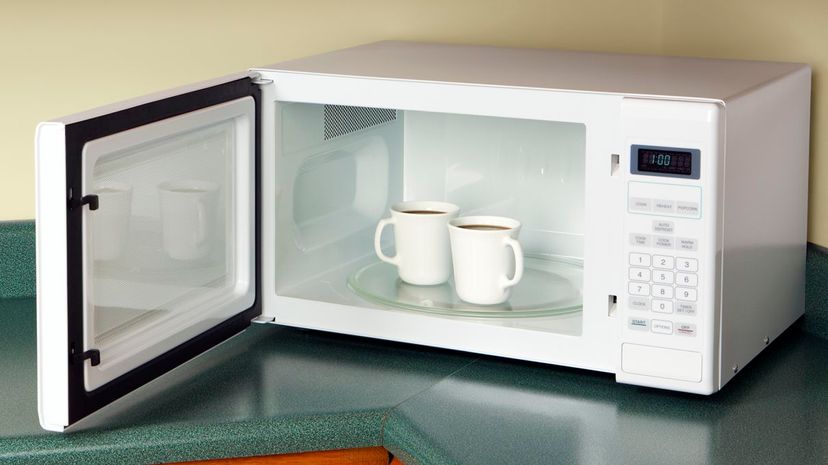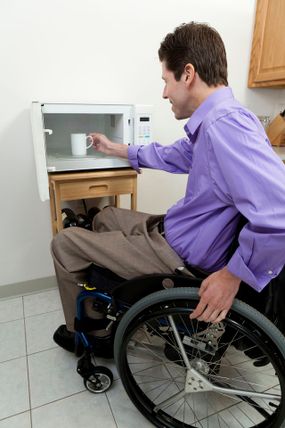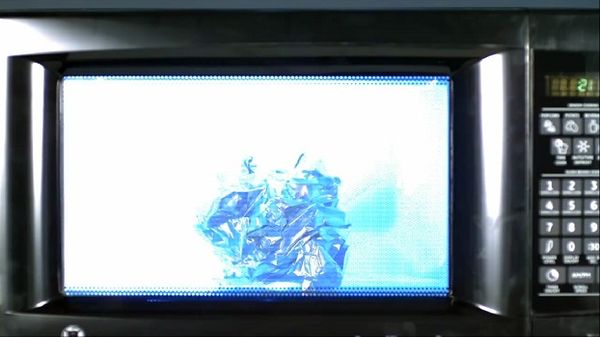
Hot coffee is supposed to be hot, cold coffee is supposed to be cold, that's the deal — ask anybody. The problem, then, with hot coffee is that you can't drink the whole cup while it's at optimal temperature unless you're willing to really guzzle it. So, when it gets cold, you've got a few choices: Drink it cold, reheat it, or just pour that cup down the drain and start over with a new pot.
All three of these approaches are either perfectly fine or completely barbaric, depending on whom you ask. To some, hot coffee that's gone cold is revolting, to others, the reheating process renders it completely undrinkable. But tell that to the person who pops a cup of nine-hour-old Folgers into the microwave at 4 every afternoon to power through until bedtime, pooh-poohing your scornful commentary.
Advertisement
Research into why reheating this humble drink is pretty much nonexistent, but it most likely has to do with our sense of smell. Humans aren't great at separating our gustatory (taste) and olfactory (smell) responses, and coffee has aromas and flavors that hit all five of the tastes that can be picked up by your tongue: sweet, salty, bitter, sour and savory. So, your personal sense of smell has a lot to do with how coffee tastes to you, whatever the temperature or however that temperature was achieved.
Because the chemical makeup of coffee is astoundingly complex. Even though its reputation relies heavily on the presence of caffeine, coffee gets its flavor from around 1,000 different chemical compounds. Also, the final flavor of the coffee you enjoyed this morning was the product of a dizzying array of variables, including temperatures and weather conditions the beans grew under, when the beans were harvested, how they were dried, stored and roasted, and how they were ground and brewed. So, while the compound 3-methylbutanal might make your cup of joe taste a little caramel-like, and ethyl nonanoate may make give it some fruitier notes, each step of the process either brings out or suppresses any one of these aromatic compounds differently.
Which brings us to reheating.

"Reheating coffee, in principle, can be an absolutely fine approach to achieving a tasty beverage," says Christopher Hendon, a postdoctoral fellow in the Chemistry Department at MIT and author of Water for Coffee, a book about how coffee interacts with water. "In practice this is not usually observed because people reheat in ways that promote the loss of delicious volatile compounds, and so the process of heating, cooling, and heating again drives smelly and tasty compounds out of the cup."
According to Hendon, coffee experts seem to prefer a drink that has been brewed within the previous five to 20 minutes. It turns out most people prefer the coffee as it cools to around 150 degrees Fahrenheit (65 degrees Celsius). This has to do with the way our taste pathways respond to temperature in our food. When something we put in our mouth is too hot or too cold, we can't detect all the compounds that contribute to its flavor. Since coffee has loads of these compounds, the temperature of the drink can affect the taste.
Brewing the coffee brings out certain aromatic compounds. But whether the cooling process changes the chemistry seems to be controversial; Hendon says it is "absolutely benign," while others claim it makes the drink more acidic as the coffee that's exposed to the air oxidizes. So reheating coffee to the same temperature it was when it was first brewed might help you reach that sweet spot, temperature-wise. But it also has the potential to cause additional chemical reactions that further alter the flavor. And if you're reheating coffee that already has milk or sugar in it, that's even more in the way of flavors, proteins, chemicals and compounds to contend with.
So, although many coffee connoisseurs will tell you it's a lost cause once your coffee goes cold, others say it's just important to reheat your coffee as slowly as you can, in order to prevent additional chemical reactions. There's even advice out there for reheating coffee in the microwave. You can pass that info along before your next coffee argument heats up.
Advertisement
